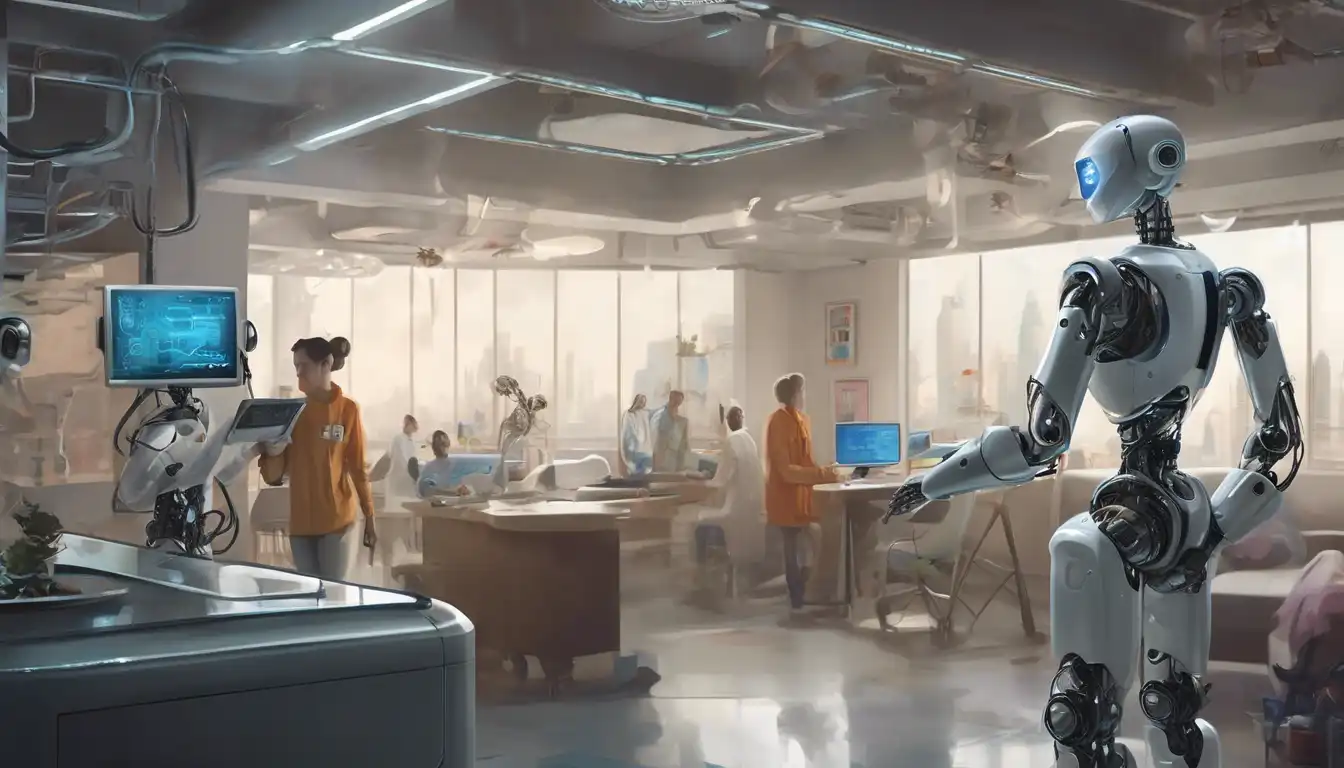Introduction to Robotics in Everyday Life
The integration of robotics into everyday life is no longer a futuristic concept but a rapidly evolving reality. From automated vacuum cleaners to sophisticated AI companions, robots are becoming an indispensable part of our daily routines. This article explores the transformative potential of robotics and how it will redefine our lifestyle, work, and leisure in the near future.
The Current State of Robotics
Today, robotics technology has advanced to a point where robots can perform complex tasks with precision and efficiency. Industries such as manufacturing, healthcare, and agriculture have already embraced robotic solutions to enhance productivity and reduce human error. However, the future holds even greater possibilities as robots become more intelligent, adaptable, and accessible to the general public.
Robotics in the Home
One of the most visible impacts of robotics is in the domestic sphere. Smart home devices like robotic vacuum cleaners and lawn mowers have made household chores less tedious. Future advancements are expected to introduce more personalized robots capable of cooking, cleaning, and even providing companionship to the elderly or those living alone.
Robotics in Healthcare
The healthcare sector stands to benefit immensely from robotics. Surgical robots, for instance, offer unparalleled precision, reducing recovery times and improving outcomes. Rehabilitation robots are helping patients regain mobility, while telepresence robots allow doctors to consult with patients remotely, making healthcare more accessible.
Robotics in Education and Work
Robotics is also transforming the way we learn and work. Educational robots are making STEM subjects more engaging for students, preparing them for a future where technology plays a central role. In the workplace, robots are taking over repetitive tasks, allowing humans to focus on creative and strategic activities.
Challenges and Ethical Considerations
Despite the benefits, the rise of robotics presents challenges, including job displacement and privacy concerns. Ethical considerations around AI and robotics must be addressed to ensure that these technologies are developed and used responsibly, benefiting society as a whole.
Conclusion
The future of robotics in everyday life is bright, with the potential to significantly improve our quality of life. As we stand on the brink of this robotic revolution, it is crucial to navigate the challenges wisely, ensuring that the benefits of robotics are accessible to all. The journey of integrating robotics into our daily lives is just beginning, and its full impact remains to be seen.
